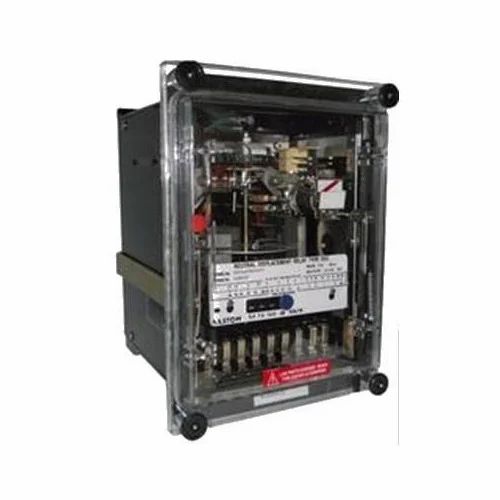In the world of industrial automation, the debate between programmable logic controllers (PLCs) and relays has been ongoing for years. While both devices serve the purpose of controlling electrical circuits, PLCs have emerged as the superior choice for numerous reasons. In this article, we will delve into the advantages of PLCs over relays, exploring their versatility, efficiency, and cost-effectiveness.
- Flexibility and Versatility:
PLCs offer unparalleled flexibility compared to relays. Unlike relays, which are limited to simple on/off control, PLCs can execute complex logic operations. With their programmable nature, PLCs can handle intricate tasks such as sequencing, timing, and mathematical calculations. This versatility allows for the automation of diverse industrial processes, making PLCs indispensable in various industries, including manufacturing, energy, and transportation. - Enhanced Efficiency:
PLCs excel in terms of efficiency, providing significant advantages over relays. Firstly, PLCs offer faster response times, enabling real-time control and rapid decision-making. This is crucial in time-sensitive applications, where even a slight delay can lead to costly consequences. Additionally, PLCs allow for remote monitoring and diagnostics, reducing downtime and enabling proactive maintenance. With their ability to integrate with other systems, PLCs streamline operations, optimize resource utilization, and enhance overall productivity. - Increased Reliability and Safety:
Reliability is a paramount concern in industrial automation. PLCs outperform relays in this aspect, offering enhanced reliability and safety features. PLCs are designed with built-in diagnostics, fault detection, and error handling capabilities. These features enable early detection of issues, minimizing the risk of system failures and ensuring continuous operation. Moreover, PLCs can be easily programmed to implement safety protocols, such as emergency shutdowns and fault tolerance mechanisms, safeguarding both equipment and personnel. - Cost-effectiveness:
Contrary to popular belief, PLCs can be more cost-effective than relays in the long run. While the initial investment in PLCs may be higher, their benefits outweigh the costs. PLCs eliminate the need for extensive wiring, reducing material and labor expenses. Additionally, their programmable nature allows for easy modifications and updates, eliminating the need for physical replacements. This scalability and adaptability make PLCs a cost-efficient choice, especially in industries with evolving requirements.
Conclusion:
In conclusion, PLCs have revolutionized industrial automation, surpassing relays in terms of flexibility, efficiency, reliability, and cost-effectiveness. Their ability to handle complex tasks, provide real-time control, and integrate with other systems makes them indispensable in modern industries. As technology continues to advance, PLCs will play an increasingly vital role in driving efficiency, productivity, and safety in automation processes.
